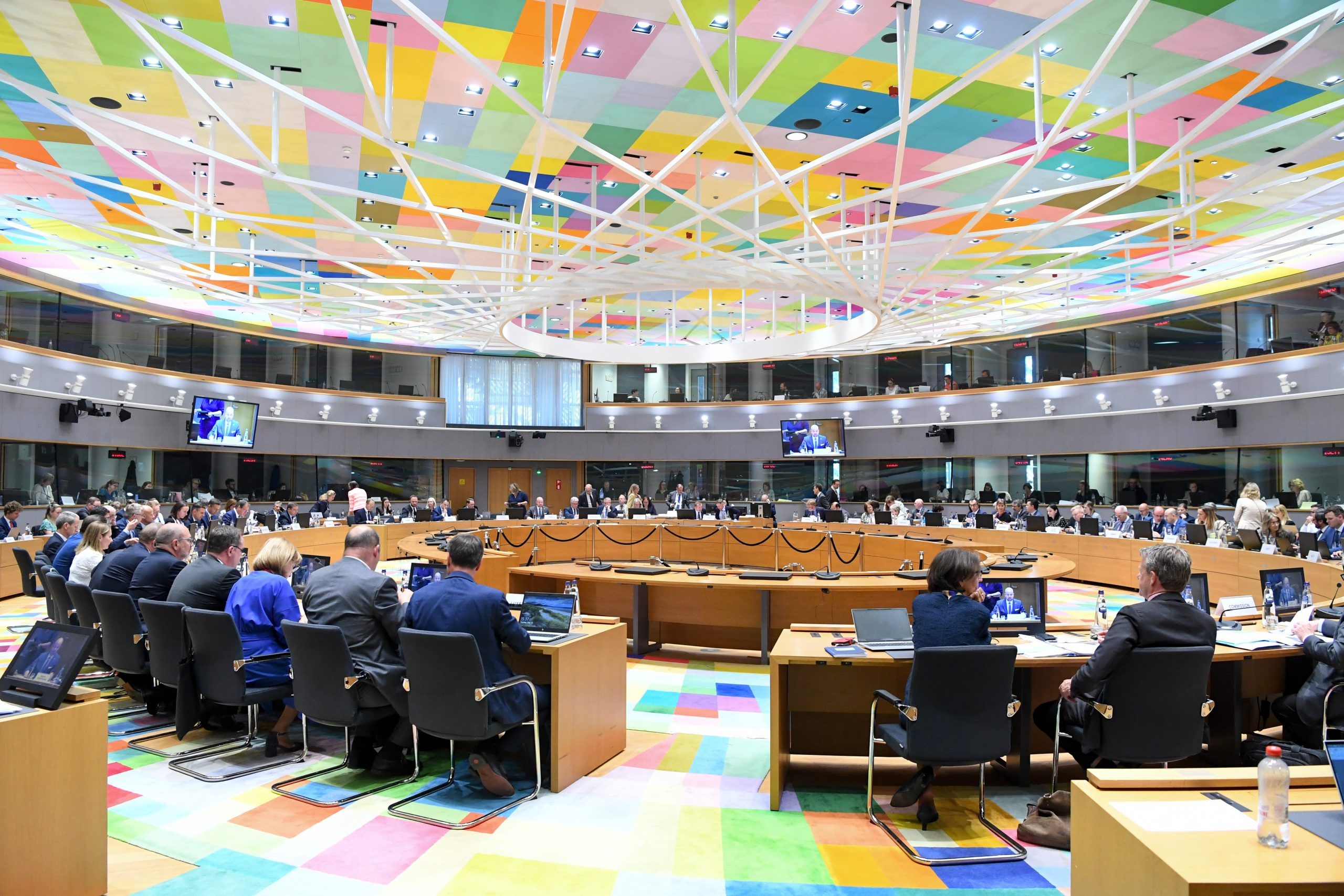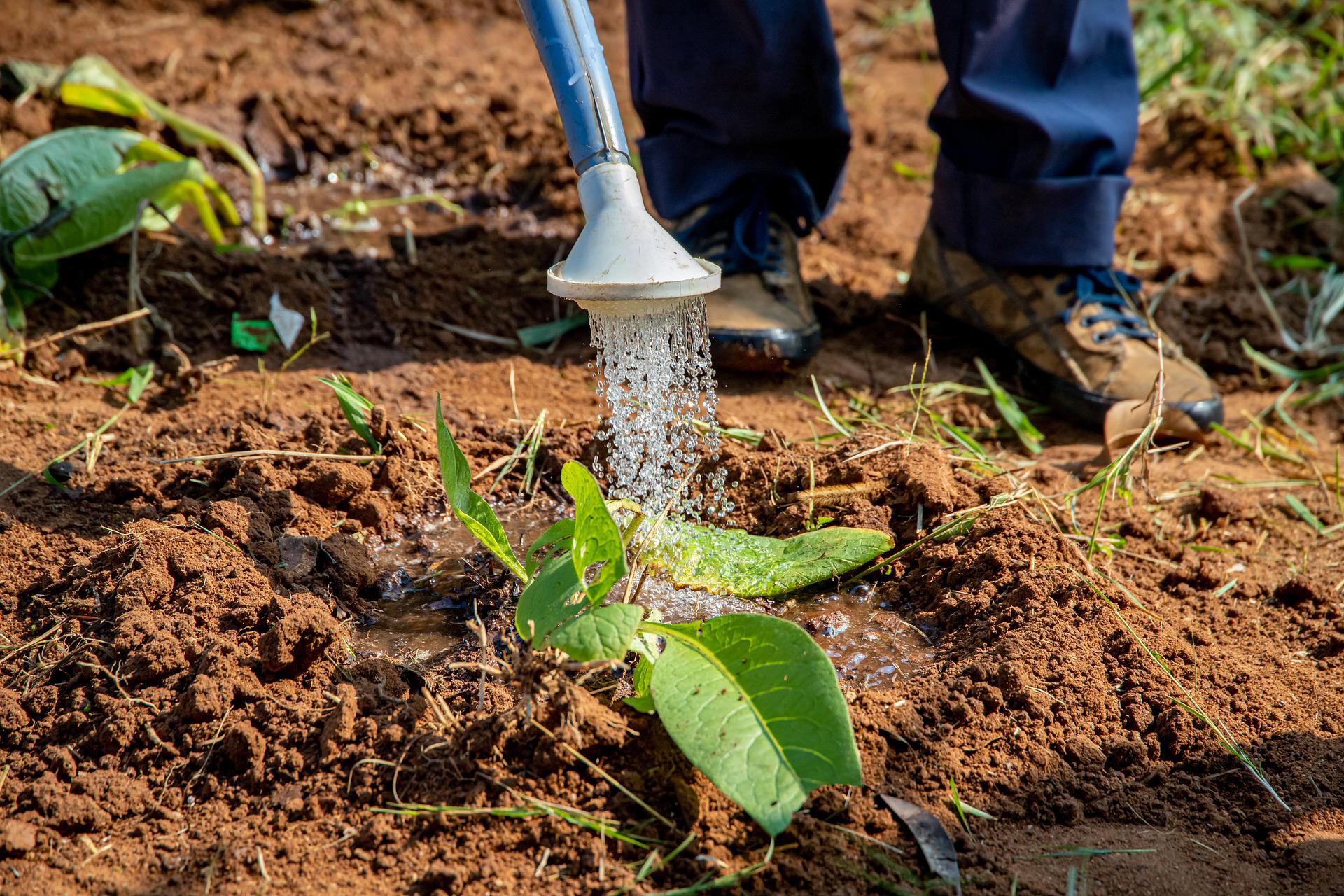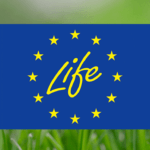The widespread use of pesticides is a major source of water, soil and air pollution, leading to loss of biodiversity and promoting pest resistance. Human exposure to chemical pesticides is linked to chronic diseases such as cancer, heart, respiratory and neurological diseases.
The EEA’s new information note How pesticides impact human health and ecosystems in Europe presents a summary of the latest knowledge on how chemical pesticides affect our health and the environment, and presents a set of good practices to reduce their use and risks across Europe. The note also shows a set of good practices to reduce the use of pesticides and manage the associated risks without endangering the food supply.
What we know about the use and effects of pesticides
The European agricultural sector continues to rely on the use of large volumes of chemical pesticides to maintain crop yields, and the volume of pesticide sales has remained stable over the last decade. Pesticides are also used in forestry and along roads and railways, as well as in public parks, playgrounds or gardens widely frequented by the public, especially children, pregnant women and the elderly, groups that are more vulnerable to pesticides.
Between 2011 and 2020, pesticide sales in the EU-27 Member States remained relatively stable at around 350 000 tonnes per year.
In 2020, one or more pesticides were measured above the thresholds of concern (i.e. posing a risk to human health) in 22% of monitoring stations in rivers and lakes across Europe. As regards soil contamination, 83% of agricultural soils analysed in a 2019 study contained pesticide residues.
Pesticide pollution is one of the main drivers of biodiversity loss in Europe. In particular, the use of pesticides has led to a significant decline in insect populations, threatening the essential functions they perform in food production, in particular the pollination of the mayonnaise.
People are exposed to pesticides mainly through diet, especially food and drinking water, as well as when spending time in areas where pesticides are used and, in the case of agricultural workers, in the workplace. A large-scale human biomonitoring study conducted between 2014 and 2021 in five European countries found at least two pesticides in the bodies of 84% of study participants.

EU agriculture ministers discuss food safety and waste aspects of packaging rules |
Pesticide levels were consistently higher in children than in adults, and children are particularly sensitive to the adverse health effects of chemicals. Human exposure to chemical pesticides is linked to a number of serious chronic diseases, such as cancer, and to heart, respiratory and neurological diseases, as well as to delays in child development.
Meeting the targets: reducing the use of pesticides
In 2020, the European Commission’s Farm to Fork Strategy introduced two pesticide reduction targets: a 50% reduction in the use and risks of chemical pesticides and a 50% reduction in the use of the most hazardous pesticides. The Strategy is a key element of the European Green Pact and aims to make Europe’s food systems fair, healthy and sustainable. As the briefing note points out, more effort will be required from EU policy makers and Member States to achieve these goals.
The European Commission has recently proposed a new Regulation on the sustainable use of pesticides, which would require countries to set their own national reduction targets, ensure that all farmers and other professional pesticide users adopt environmentally friendly pest control systems, and restrict the use of pesticides in sensitive areas, such as urban green spaces and protected areas. Other measures outlined in the briefing note include training for users and professional advisors, incentives for the transition to organic and precision farming, and a tax on the most hazardous pesticides.
To reduce reliance on chemical pesticides and maintain food security, it will also be essential to promote the use of chemical pesticides in agriculture.
More information: European Environment Agency







Leave a Reply